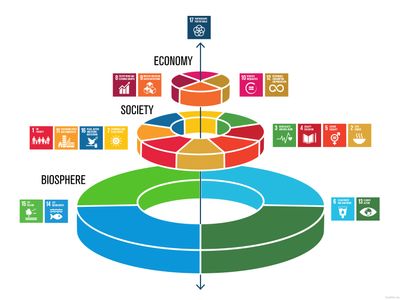The basic structure of the course consists of approximately two lectures and a seminar each week.
The course consists of ten parts and will beyond an introduction and summary/wrap-up cover eight topics (eight parts):
1) Introduction
2) Sustainability 101 (basic concepts)
3) Technology, society and sustainability from a historical perspective
4) Environmental psychology and behavior
5) (Direct) negative impacts of ICT and media
6) (Selected) positive effects of ICT use
7) ICT and social sustainability
8) Rebound effects
9) Images of the future
10) Summary/wrap-up
The learnning outcomes of the course have been formulated by KTH Sustainability and been adapted to media technology. After having studied the course, students should:
- be familiar with basic terms and concepts of sustainability and ecology
- understand how today's development and use of media and information and communication technologies (ICT) have both positive and negative effects on sustainability
in order to:
- have sufficient knowledge to reasons around and also be able to apply said knowledge about how media and ICT can be used to contribute to a sustainable society in their future occupation.
